
Leo Freitas
Title:
There is no Royal Road: dependable and formal reasoning applied to medical-device development and certification.
Extended Abstract:
This talk is concerned with the adaptation and practical use of sound formal techniques to contribute to the risk analysis, notified body accreditation (i.e. CE-marking), and dependable development of life-critical medical devices.
The work involved a new methodology for the identification, adaptation, and application of stable and industry-standard formal techniques. It is tailored at aiding the reality of biomedical engineers, whom have no/little prior knowledge/training in formalism, in the gruelling medical certification process. It has been applied to three new medical devices:
1) a neonatal (baby < 5kg) dialysis machine for the UK national health service (NHS);
2) an optogenetic-based brain pacemaker research project primarily focusing on novel treatments for epilepsy (www.cando.ac.uk);
3) a preservation control system in transplants.
The work focuses on the formal analysis of the controller-component design and its software implementation on each of these devices. These controllers drive the medical activity (e.g. dialysis cycle, brain signals, organ preservation) and deals with error and alarm management, both critical to deliver treatment and to ensure adequate user experience (i.e. low alarm fatigue) in intensive care units.
Like with other embedded safety-critical systems, access to the ``real-world rig'' conditions is limited and difficult. On the other hand, medical certification requires a specific number of adequate usage within (real/ill) target patients. Testing is often difficult because the device is interacting with a ``physiological system'' (i.e. a human), and the cases where the device use may fail are rare. These and other factors make in-vivo testing very difficult indeed. Nevertheless, it is clear that developing a risk analysis is essential when dealing with life-critical medical systems.
Medical device standards require measures to be taken against risks associated with use of devices, and to keep such risks as low as reasonably practicable. These ``(un)known unknown'' conditions present an interesting (and novel) challenge to the application of formal techniques. Conventionally, risk analyses submitted to the regulator use clinical trial data as evidence that requirements have been satisfied and the device is safe for patient use. This is an onerous task requiring substantial amounts of test data, often under expensive clinical settings under special medical-trial permissions.
Our risk analysis was designed to satisfy regulatory requirements by presenting evidence for the technical file compiled as required by regulatory authorities (e.g. UK MHRA, US FDA, etc.). Guidelines typically assess the hazards associated with a medical device. These hazards include possible hardware and software failures. A key aim is to push regulations towards allowing evidence provided through formal reasoning to be accepted in lieu of clinical-trial data. This is inline with other safety-critical industries like the use of formal methods in DO-178C for avionics software compliance.
The risk analysis we developed use a combination of model based design, model checking, and theorem proving techniques for the engineering designs; and source-code analysis for freedom of certain run-time errors, as well as functional (total/partial) correctness including the use of pointers and shared memory in low-level C/C++ programs. To date, the work has provided the following encouraging evidence/results:
1) The verification of risk control measures relating to the state-machine design and low-level C software components in the dialyser. The productive dialogue between the developers of the device, who had no prior experience or knowledge of formal methods, and our formal analysis techniques, provided a basis for a rationale on the effectiveness of the evidence presented for certification, which has now been granted. It also identified, and mitigated, a rare (but life-threatening) problem within the system. This device has been (UK) certified and its IP commercialised.
2) Like with the dialyser's software, we provided total functional correctness of key device driver and low-level firmware C code for the special-purpose CMOS-chip being used in animal trials. After identifying interesting issues and hidden assumptions about the current version of the CMOS-chip drivers, we are now participating in the design of the new chip's command-set, as well as its low-level C device-drivers, to be used in human trials in a couple of years time. The work has now featured in the technical file being prepared for the upcoming device certification.
3) Different from the previous two examples, where our interventions occurred at the end and in middle of development, we have participated from the beginning in the preservation control system example. Together with biomedical engineer colleagues, we have applied these formal techniques to the design of the control systems and its complex conditions. Results to date include pending patents on algorithms and initial formal control-system designs. This device has commercial interest and will be certified.


 Online registration is performed via Brazilian Computer Society's web-based registration system (ECOS). From here, you can access the ECOS main web page. From 22nd November 2018 on, credit card will be the only online payment method available. On-site registration and payment (in cash) will be available from 26th November 2018 on; however, for the sake of planning, we would appreciate early registration of the attendees.
Online registration is performed via Brazilian Computer Society's web-based registration system (ECOS). From here, you can access the ECOS main web page. From 22nd November 2018 on, credit card will be the only online payment method available. On-site registration and payment (in cash) will be available from 26th November 2018 on; however, for the sake of planning, we would appreciate early registration of the attendees. 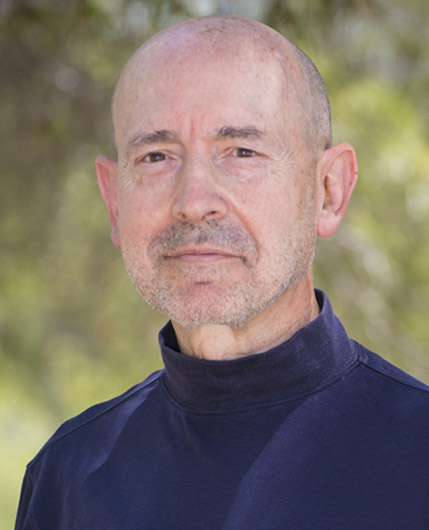

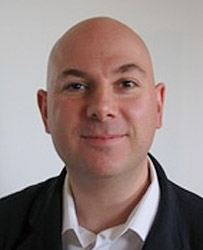

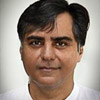


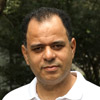


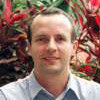

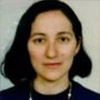

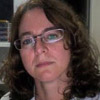














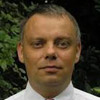



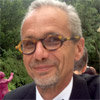









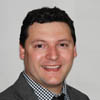


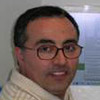






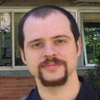

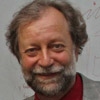








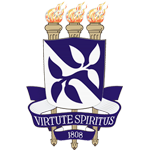
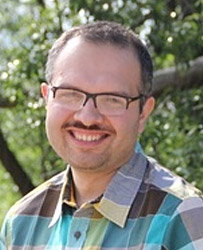



 MINICURSO 01: O sistema de provas Atelier B e suas melhorias
MINICURSO 01: O sistema de provas Atelier B e suas melhorias 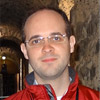 MINICURSO 02: Reasoning with the Coq proof assistant
MINICURSO 02: Reasoning with the Coq proof assistant  MINICURSO 03: Model-Based Testing: From Theory to Practice and Back
MINICURSO 03: Model-Based Testing: From Theory to Practice and Back  MINICURSO 04: Completeza e Complexidade de sistemas dedutivos para Lógicas Modais, Multimodais e de Descrição
MINICURSO 04: Completeza e Complexidade de sistemas dedutivos para Lógicas Modais, Multimodais e de Descrição